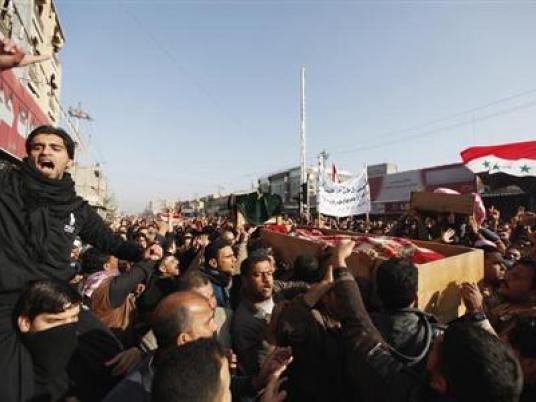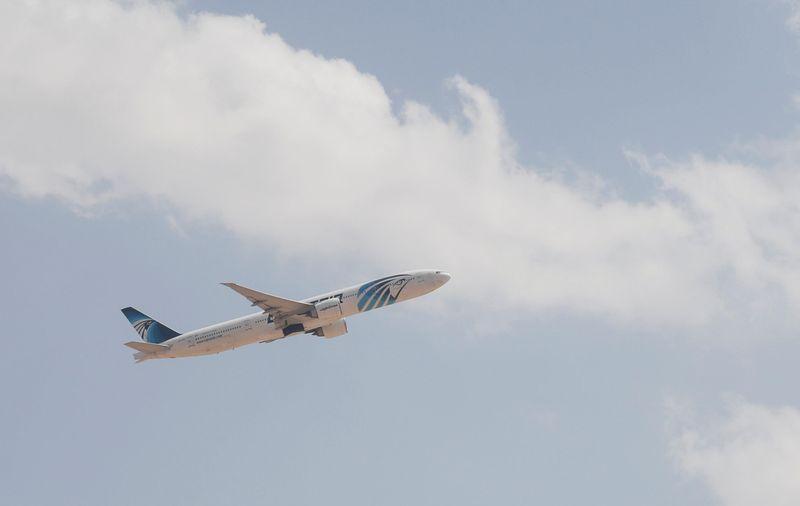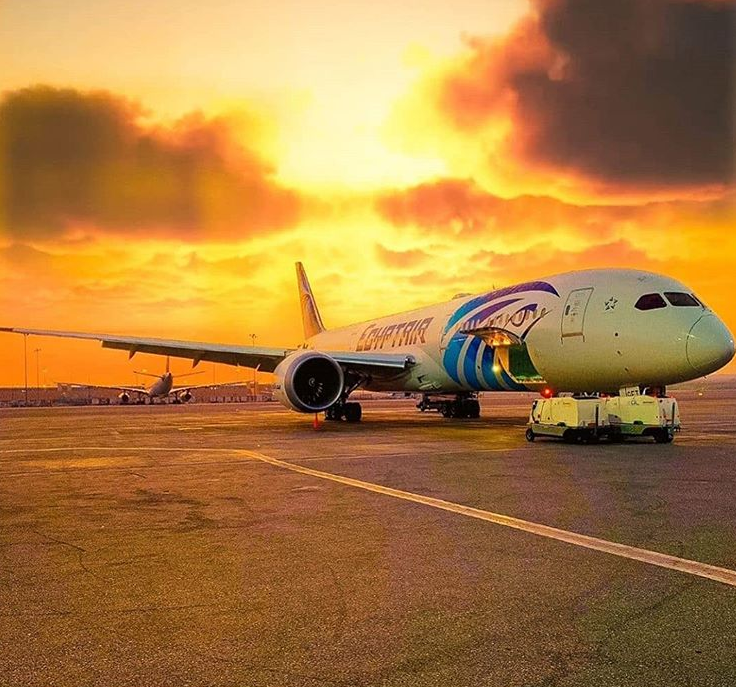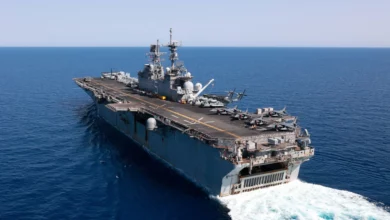
Thousands of mourners rallied Saturday at funerals for Sunni Muslims shot by troops in demonstrations against Iraq's Shia Prime Minister Nouri al-Maliki.
Troops on Friday shot dead five people in Fallujah, in the Sunni-dominated western province of Anbar.
Sunnis have taken to the streets since December to protest what they call mistreatment of their minority sect, heightening fears Iraq may return to the Shia-Sunni bloodletting that killed tens of thousands in 2006 to 2007.
The Sunni protests have been accompanied by an increase in attacks by Islamist insurgents and the Iraqi wing of Al-Qaeda. Four suicide bombers have struck over the last week, including one who killed a Sunni lawmaker in Fallujah.
Fallujah's streets filled with thousands, many taking turns to carry the coffins of slain protesters. Others waved portraits of victims or the national flag used in Saddam Hussein's era, before the US-led invasion ousted the Sunni strongman.
The funerals took place as the country's parliament passed a law imposing term limits on the prime minister's post in an attempt to block Maliki's re-election, although the legislation faces legal challenges in a top court.
Iraqi authorities have tried to calm anger over the shootings by withdrawing soldiers from the city and replacing them with federal police, but protesters want more concessions.
"Withdrawing the army from the city is not enough. I do not know how this will benefit me and it won't get my brother back," said Mostafa Jamal, a relative of a slain protester.
Maliki has also tried to appease Sunni protesters by releasing more than 1,000 detainees and appointing a senior Shi'ite figure to negotiate over Sunni demands. Anbar clerics and hardline tribal sheikhs say that is not enough either.
Anbar province stretches across a third of Iraq's territory and was once Al-Qaeda's base to battle against American troops.
Sunni tribes in cities like Fallujah and Ramadi then turned against al Qaeda to help US forces, but tribal sheikhs complain the Baghdad government has failed to provide jobs for their fighters who helped turn the tide of the war.
In a sign of Fallujah's fragile security, insurgents kidnapped three off-duty Iraqi soldiers and killed their driver on the city's outskirts, security officials said.
Many Sunnis want reforms to anti-terrorism laws they feel unfairly target them and more control over a campaign against former members of Saddam's outlawed Baath party. But Sunni ranks are split with more hardliners calling for Maliki's ouster.
In another challenge to Maliki, lawmakers on Saturday passed a law limiting the prime minister to two terms. But that measure appeared a symbolic victory as it needs the president's approval and faces challenges in court.
Parliamentary battle
Since the fall of Saddam in 2003, many Iraqi Sunnis feel they have been sidelined by the Shia leadership and believe Maliki is amassing power at their community's expense.
After the last American troops left Iraq a year ago, the country's Shia, Sunni Muslim and ethnic Kurdish parties became locked in a power-sharing stalemate that has left key oil and investment laws paralysed in parliament.
But lawmakers from Sunni, Kurdish and Shia parties voted to pass the term limits law Saturday.
It would restrict the prime minister, parliament's speaker and president to two four-year terms. First elected in 2005, Maliki was re-elected in 2010 in an indecisive ballot that led to the power-sharing deal.
"This means Maliki cannot be prime minister any more. This will stop people consolidating power in their hands," Sunni lawmaker Jaber al-Jaberi said.
Kurdish parties, the Sunni-backed Iraqiya bloc and even some rivals in Maliki's own Shia coalition tried unsuccessfully last year to trigger a vote of no confidence in the prime minister.
"This is an illegal law passed by Maliki's opponents who fear facing him at ballot boxes," said Ali al-Shallah, a lawmaker with Maliki's alliance.




